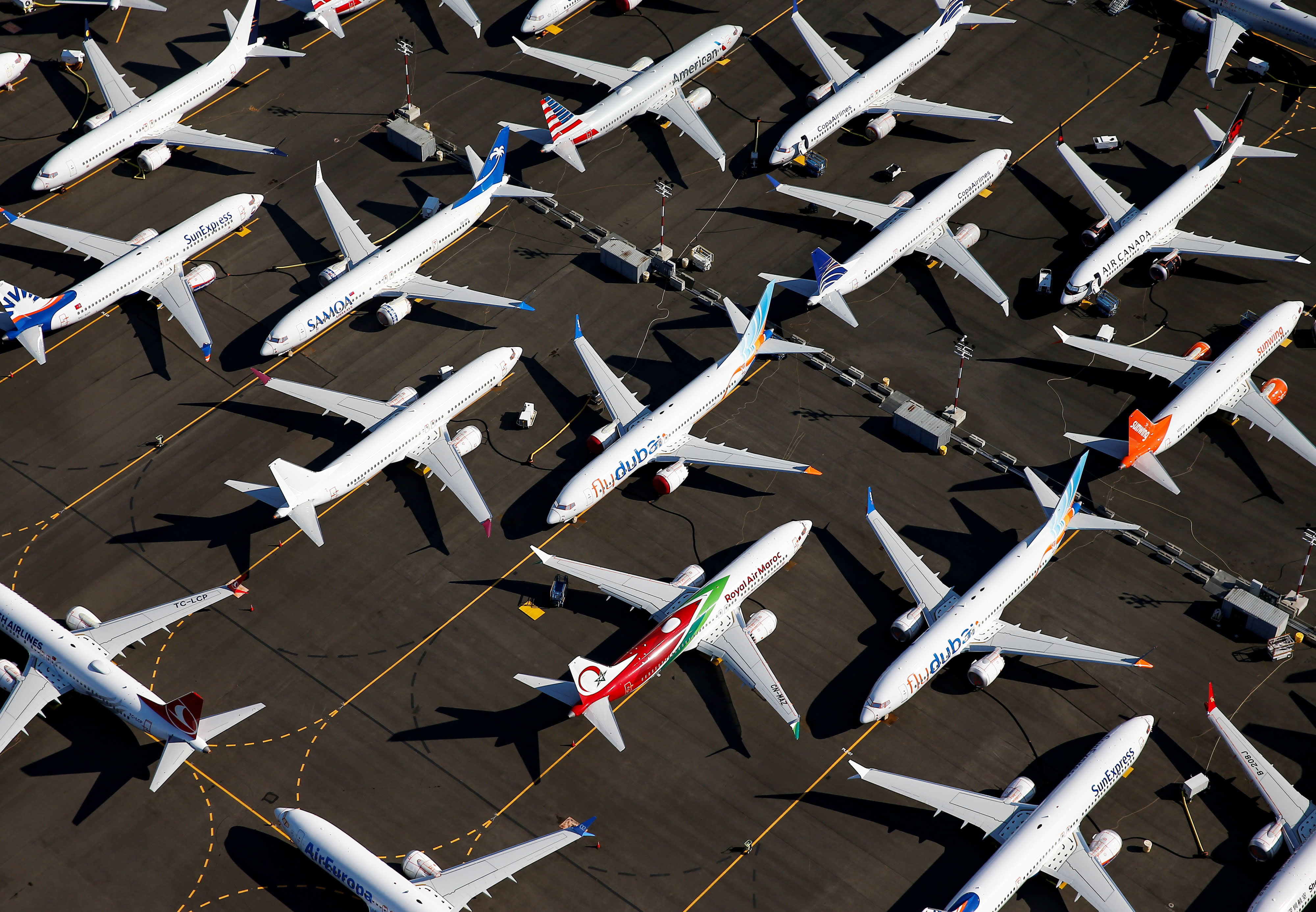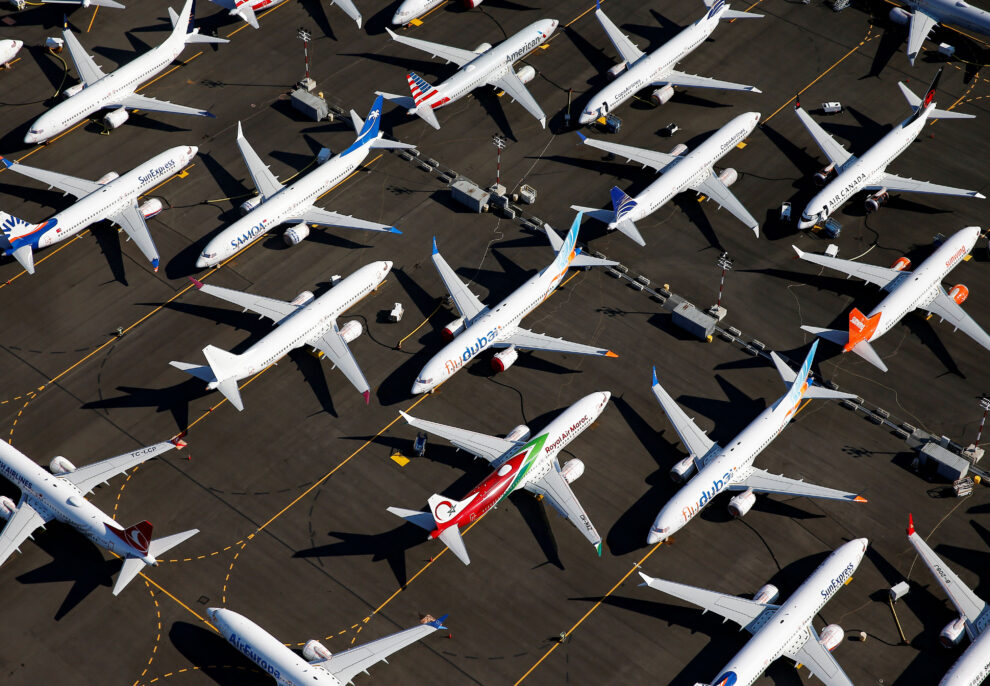
Boeing, which is already shedding 16,000 jobs, said Wednesday it will cut thousands more through the end of next year as the coronavirus pandemic drives down demand for aircraft and travel.
Boeing’s third-quarter results, which were better than Wall Street estimates, show the company’s struggles in the pandemic. The plane-maker is looking to further cut costs as it grapples with a prolonged impact of the pandemic.
Boeing swung to a net loss of $466 million in the third quarter from a profit of $1.2 billion a year earlier. That was on sales of $14.1 billion, down 29% from a year ago but slightly ahead of analysts’ expectations for $13.9 billion in revenue. Sales declines were most pronounced in the commercial aircraft unit where revenue fell 56% from $8.2 billion in the third quarter of 2019 to $3.6 billion.
Boeing’s CEO Dave Calhoun told employees the company aims to have a staff of 130,000 by the end of 2021. Earlier this year, Boeing targeted a 10% cut to its staff, which stood at 160,000 people at the start of the year.
About 19,000 employees are leaving Boeing this year, but the company is adding some jobs in its more stable defense unit.
“As we align to market realities, our business units and functions are carefully making staffing decisions to prioritize natural attrition and stability in order to limit the impact on our people and our company,” Calhoun said in a staff note. “We anticipate a workforce of about 130,000 employees by the end of 2021. Throughout this process, we will communicate with you every step of the way.”
Boeing’s airline customers are desperate to save cash and predict a recovery in air travel to 2019 levels is years away. In the first nine months of 2020, Boeing lost a net 381 orders for new planes. Boeing’s own estimates show that the pandemic could diminish industry demand for more aircraft for the next decade.
Boeing has slashed production rates and targets as demand has dropped. Earlier this month, it announced it would consolidate production of its 787 Dreamliner, a wide-body plane used mostly for international routes, at a single facility in North Charleston, South Carolina, instead of operating lines there and in the Seattle area.
Here is how Boeing did compared with estimates:
- Loss: $1.39 per share, vs. $2.52 a share expected by Refinitive’s consensus estimates
- Revenue: $14.1 billion, vs. $13.9 billion expected
Boeing shares were down 1% in premarket trading.
Boeing reported negative free cash flow of $5.08 billion, better than analysts’ estimates and than the previous quarter’s negative $5.6 billion, according to FactSet.
The pandemic’s impact on air travel demand, which is still not back to half of last year’s levels, has worsened Boeing’s crisis, which started two years ago with the first of two crashes of its best-selling 737 Max.
Regulators are at the tail-end of the planes’ review but have still not signed off on them, preventing Boeing from delivering them to customers and crimping its cash flow as a result.
Boeing executives will detail the results on a 10:30 a.m. ET call.









